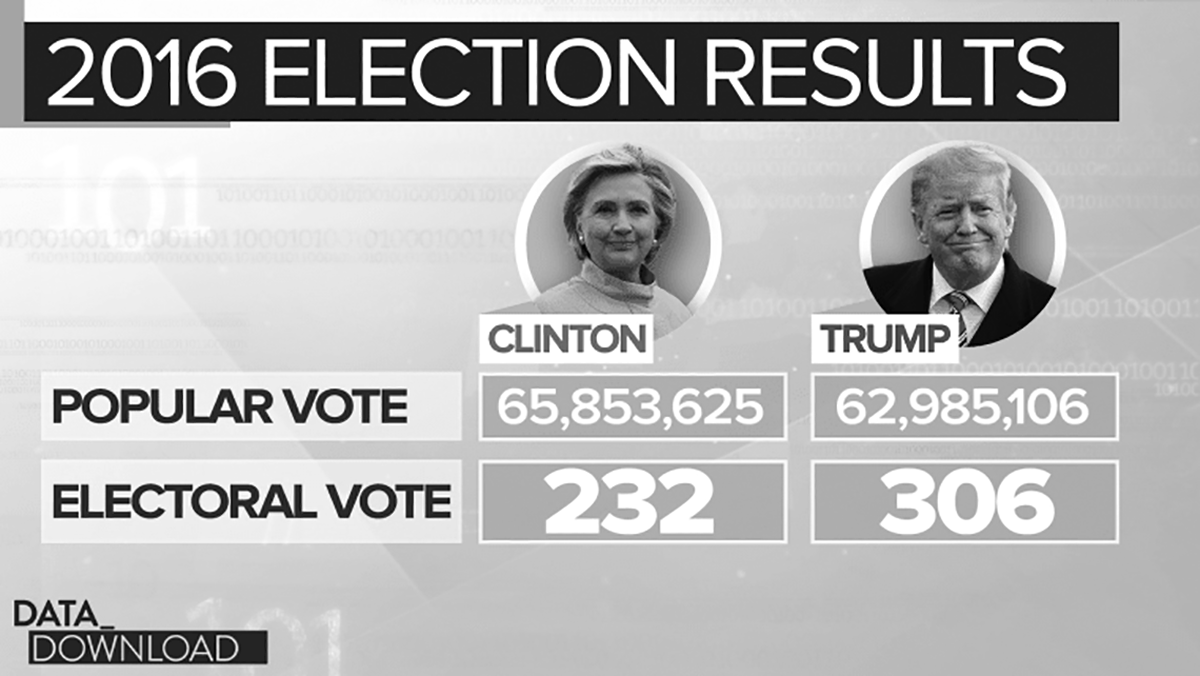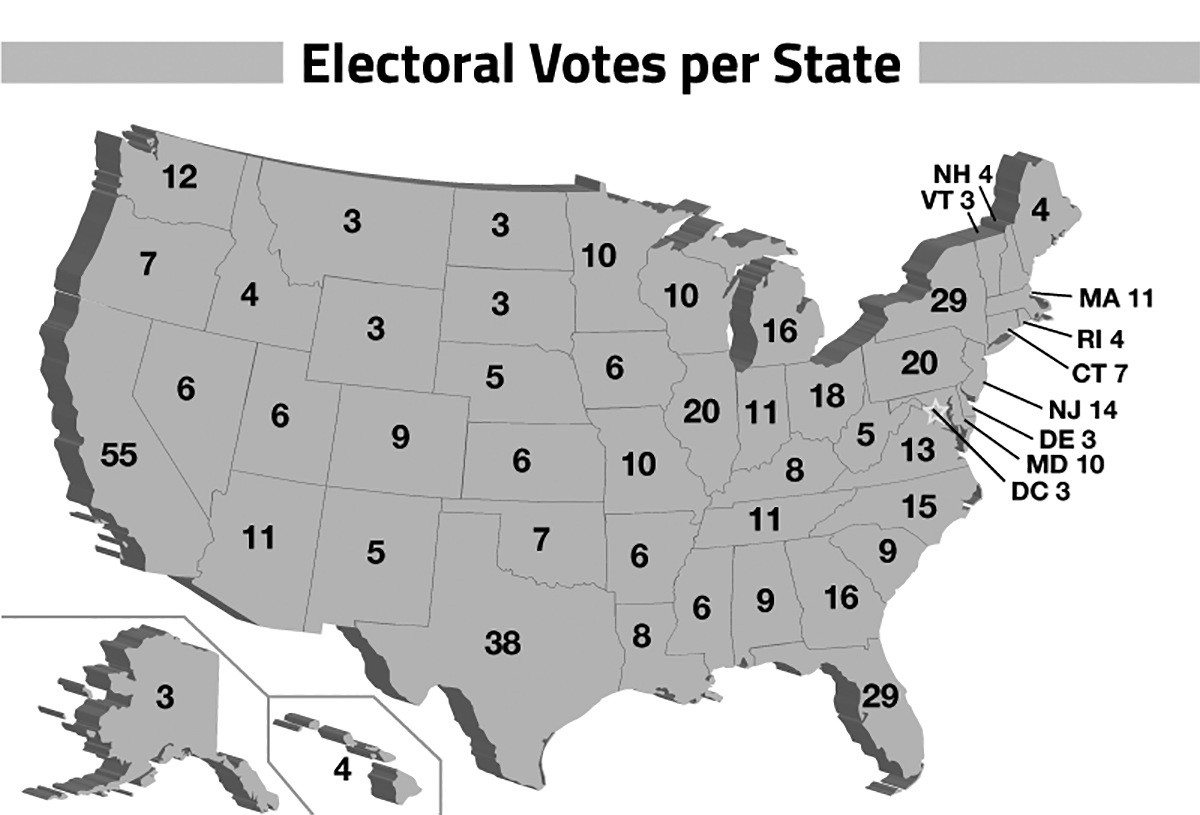It is week four of the NFL season which means fantasy football players are fully invested into their teams. Fantasy football started back in 1962 and has blossomed into a whole new world for football fanatics. According to the Washington Post, “Football wasn’t always such an economic powerhouse. In fact, the idea for fantasy football itself came from a desire to generate enthusiasm for the sport. In 1962, football lagged behind baseball in popularity.” With the help and growth of technology, players can now analyze stats, watch teams play weekly, and even get rankings on different positions. There is said to be 59.3 million people in the United States and Canada that play fantasy sports as listed by the Washington Post.
Students and even faculty at Spring Hill College have been involved in the fun of fantasy. “I started playing in High School when I played football. My team started a league and we all joined. So probably around 2014,” said SHC junior, Will Harris. For Harris, playing in just one league wasn’t enough. He is now currently in three different leagues this 2018 season. He says “This year’s goal is to obviously win every league but the main goal is to beat my dad and my friends for bragging rights.” Having the end goal of winning in mind, in recent years, the game of fantasy football has started changing.
SHC English Professor Dr. Pisafky said “the game and the sport have moved away from each other over the past decade. When fantasy football became popular, the relative importance of the various positions was in line with NFL thinking. But since then, the passing game has become vastly more important in the NFL but the running game still retains equal importance in fantasy. The result is that you end up valuing players in a way that bears no relation to the sport you’re actually watching. For example, ESPN ranks Theo Riddick over Matt Stafford. Both of these guys play for the Lions, who pay Riddick 3.8 million and Stafford about 9 times more. Obviously, no GM is trading Matt Stafford for a hundred Theo Riddick. So, the biggest challenge is realizing that fantasy football is fundamentally different than actual football on a strategic level.”
Piafsky still plays fantasy every year, but he says only to talk to his various friends across the country. Gamers in 2018 are concerned most about what the individual player is doing each week compared to understanding the whole game. According to Bleacher Report, fantasy football is becoming more popular than the games. They share that “people are finding themselves hearing someone say “How many yards did Reggie Bush run for yesterday?” more often than they hear “Hey?! Do you know if the Redskins won yesterday?” Fantasy football still brings in tons of people to watch the sport every single weekend, even if it may be for the wrong reasons.
Piafsky left me with one last piece of advice “Just remember the cardinal rule: no one cares about your fantasy football team.”

























